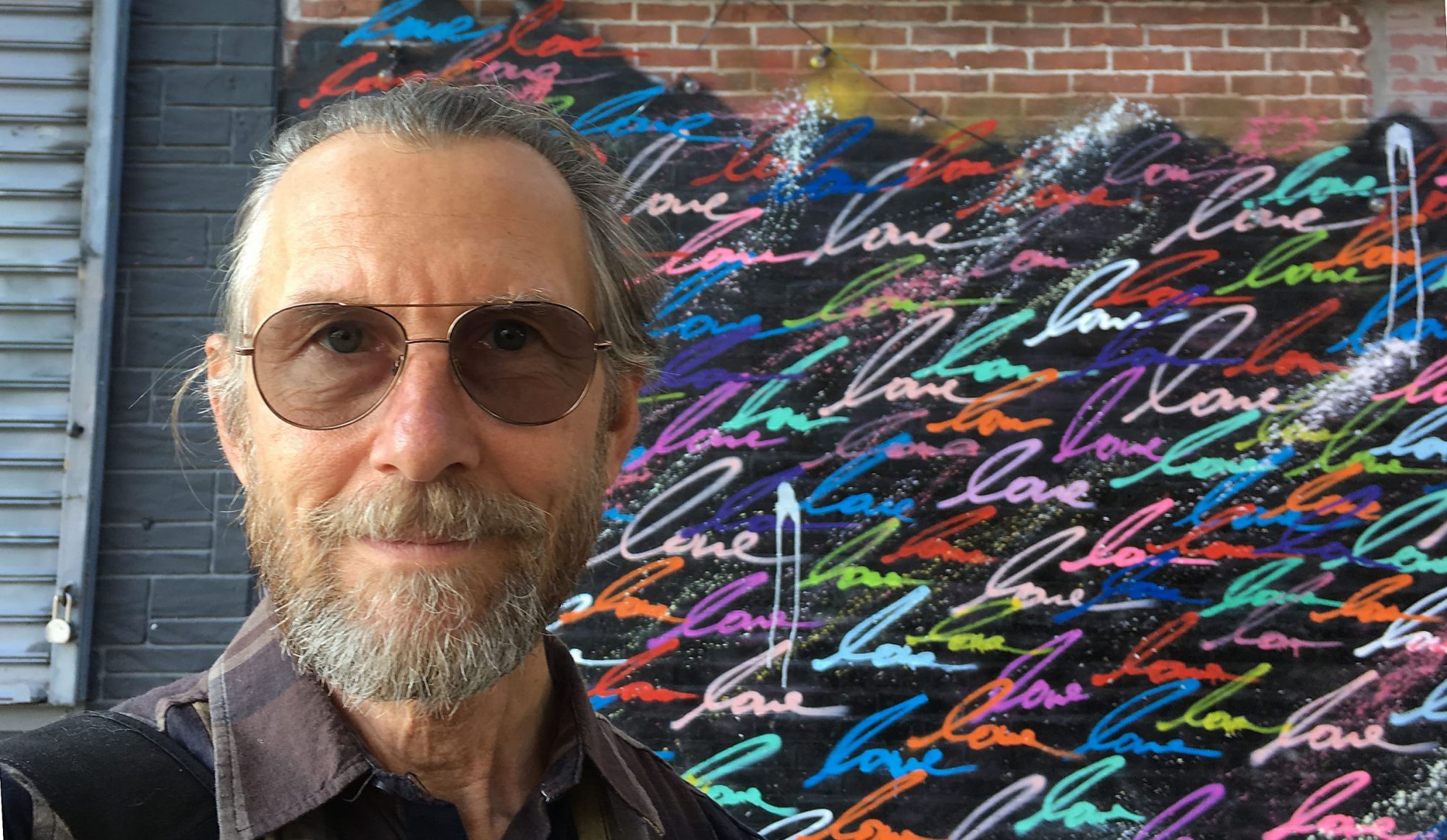In my recent workshop for yoga teachers, How to Teach Philosophy and Meditation in Asana Class, I posted a list on the wall of Sanskrit words that I find make good vocabulary for sharing ideas in class. I’m going to define them over the next couple of weeks, so keep posted. Here’s the Intro Post for this series.
Today’s word is avidya.
Avidya is a negation of the word, vidya, which means knowledge. Avidya, therefore means ‘not knowledge.’ As with most things in yoga, however, the kind of knowledge is pretty all-encompassing, that is, it’s not about knowledge of the A-B-C’s or knowledge of how to bake a pie. Avidya is the opposite of knowing the nature of who we are. It is often translated as “ignorance,” but as I stated in the Intro Post for this series, one-word translations of Sanskrit almost always leave out significant information. To call someone ignorant is a judgement about their intelligence compared to the rest of people — a sort of demographic statement. Avidya is something that everyone suffers from. It’s part of the way things are until through some evolution of our understanding we gain knowledge of who we are.
Yoga is one of the ways to evolve our consciousness. The Yoga Sutras list avidya as one of the five obstacles to experiencing samadhi, or the peak experience of meditation. That is because as long as we hold on to our ideas of the way things are, we will not surrender ourselves to the meditation experience. To say that another way, as long as we keep analyzing and storytelling and identifying our experience and our thoughts with the identity ‘Peter,’ who teaches, who is an artist, who lives in Brooklyn, etc., we won’t be able to experience the part of ourselves that is beside, beyond, encompassing that. We will not be able to have knowledge of the nature of who we are as long as we hold on to a limited view of who we are.
Avidya is then, to sum up, the description of our state of understanding of ourselves and our place in the universe before we have the experience of — the knowledge of — our nature. That knowledge is had not by thinking, but by experience. People have spoken of that experience as revelation, epiphany, profound calm, inspiration, etc. The techniques of yoga (all eight limbs together) are a ‘way’ to that experience.
Namaste.








